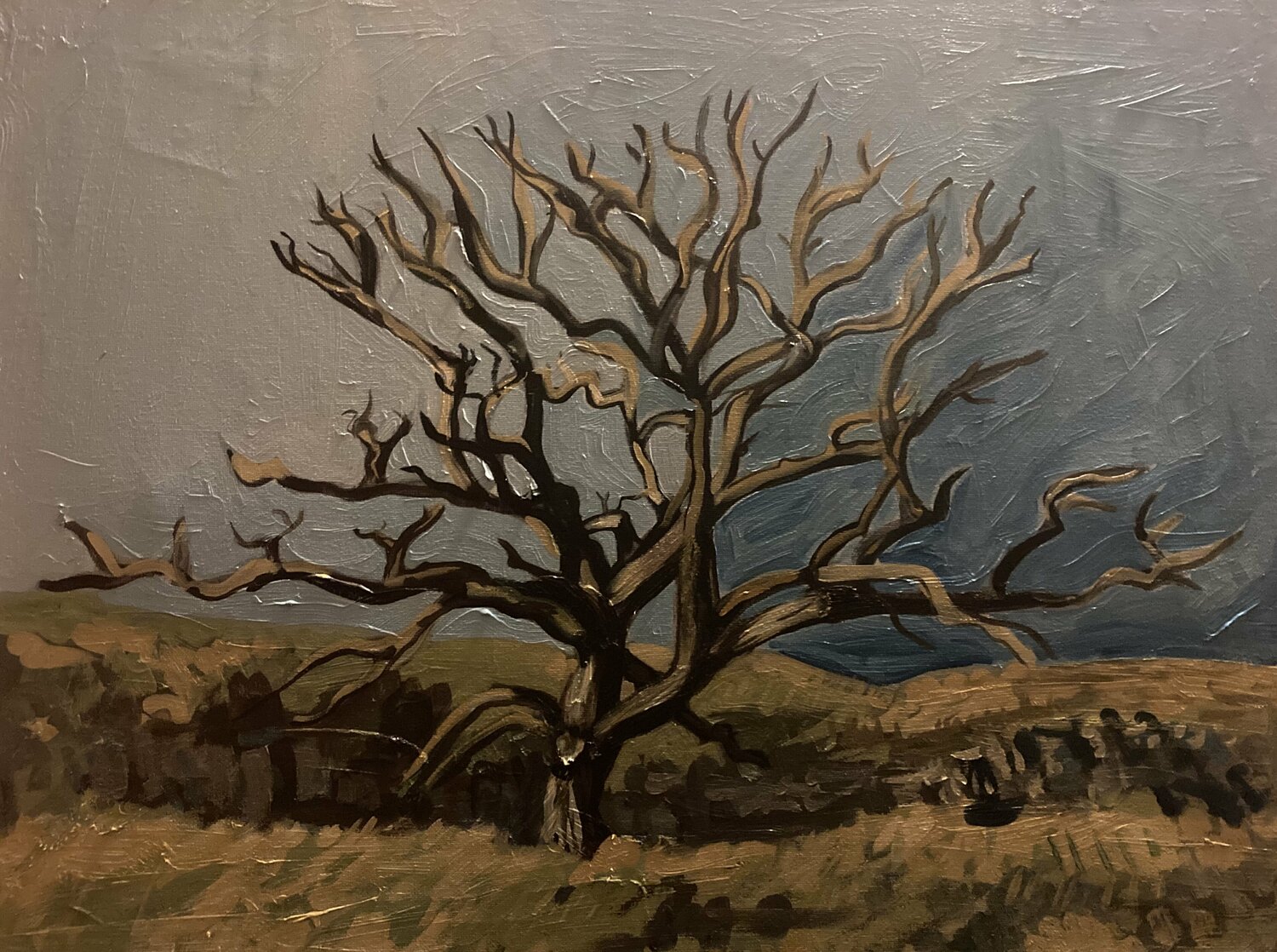Lament

Pride and arrogance are my traits
Lies and misdeeds shadow my face
Lost yet confident in my pace,
I slip into my tiny grave
Pride and arrogance form my shell
Within I hide what’s foul and ill
I cry “I’m doing well!”
And bless my self for the massive bill
I cry “Am I doing well?”
And bless my self for my mere will
Pride and arrogance mask my sorrow
Left to the pill of joy I swallow
Till it fades away again in the morrow
And the hollow is reclaimed by my wailing marrow
Pride and arrogance wherever I went
And all I sought was a praise in print
“Deny the instinct that you felt!”
I hear the applause for what I dealt
“Harvest the spark of what’s burnt,
and waste no time in Lament”
Pride and arrogance are my bandits
Took my eyes and left me stranded
I pray now to die yet never have I been granted
And ever-doomed was my gambit
“Every soul will taste death. And you will only receive your full reward on the Day of Judgment. Whoever is hauled from the Fire and is admitted into Paradise will ˹indeed˺ triumph, whereas the life of this world is no more than the delusion of enjoyment.”
— Surah 3 (The House of Imran)
“Wise is the one who calls himself to account, and does noble deeds to benefit him after death; and fool is the one who subdues himself to his temptations and desires and seeks from Allah the fulfilment of his vain desires”
— Prophet Muhammad (ﷺ)
Such there is Night، not Night as ours—Unhappy Folk
— J.R.R. Tolkien.
The Unhappy Folk: unhappyfolk.org
Telegram: unhappyfolk.t.me
Mail: msg@unhappyfolk.org
